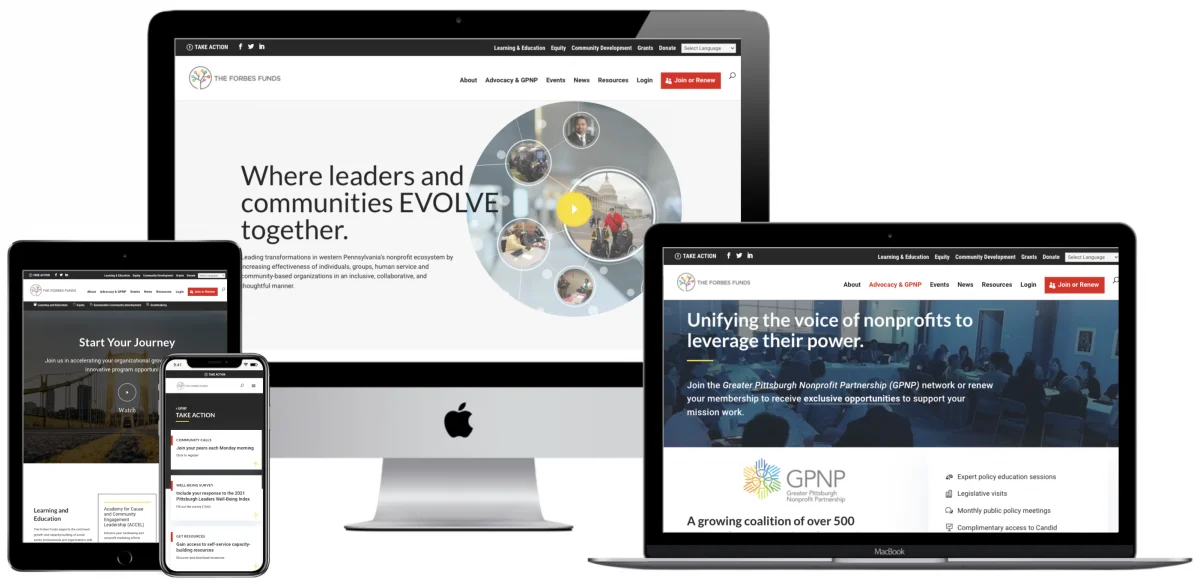After 1.5 years of experimentation3, Google has decided that today is the big day. Google is finally rolling out mobile-first indexing.
With mobile-first indexing, Google is like a a single library that is now beginning to replace print books (desktop pages) with ebooks (mobile pages). Over time, library will be mostly ebooks (mobile). But print books (desktop) will always remain part of the mix in the library.
Websites that follow SEO best practices are being migrated to mobile-first indexing and ranking. This may give us an edge on the competition with regards to ranking, but it moreso delivers value to users by serving the best experience possible, through mobile-first principles.
So, what exactly is mobile-first indexing?
Simply put, your website will now rank according to its mobile version, first.
With mobile-first indexing, the Googlebot primarily crawls and indexes pages, with an emulated smartphone agent. Mobile-first also has performance implications for developers like us, which calls for using the most optimized code possible and fast loading for the best experience possible.
Did you know? Most visitors abandon a mobile site if it takes longer than three seconds to load.
How does Google rank pages?
Google matches a user’s intent with relevant results. Relevancy is at the core of how their ranking algorithm, with over 200 ranking factors, it is important to first understand how Google Search works. It starts first with crawling, then indexing, and ultimately – ranking.
Earlier this year, Google informed webmasters of an upcoming inclusion of page speed as a ranking factor. This means that if your site is mobile-first, your site should also be optimized for mobile devices. You should also know that Google still plans to show content that isn’t mobile-friendly or takes forever to load if many other signals determine it’s the most relevant content.1
Why mobile-first and why now?
In the past, Google has historically and primarly used the desktop version of a website’s content. Now, the majority of users access Google and the web via a mobile device. And, as such, Google’s index will mostly use the mobile version of a web page’s content going forward.2
It should be noted that although Google made the case for moving from ‘m-dot URLs’ last September, they will continue to show the most appropriate website address to users (whether it’s desktop or mobile) in search results.
The idea behind mobile-first
Mobile-first websites incentivize content creators and web developers to show the most relevant, useful content first, and as quickly as possible. This ensures the best experience possible.
Is your website mobile-first?
Since Google is not creating a separate mobile-first index, and will continue to use only one index, it is imperetive for any website and business owner to take note and follow SEO best practices.
If your website is responsive, it is generally set for mobile-first indexing already!
If you use AMP (like BMW.com) or non-AMP pages, Google will prefer to index the mobile version of the non-AMP page (BMW.com completely uses AMP, so it will only use that version in this case).1
If your website isn’t responsive or mobile-first, don’t fret yet. Google mentioned that indexing web pages with its mobile variation first “has no ranking advantage.” This may seem confusing, but it’s still relevancy that wins top ranks.
Going beyond mobile-first with voice search optimization
As we’re moving towards a world of assistance – it’s important that we implement a customer-based approach – to deliver a relevant, personalized, and assistive brand experience that falls-back on natural, conversational language.
Long-tail keywords will have a bigger role, and keywords are at the heart of every SEO strategy. With voice search expected to account for 50% of all searches by 2020 (comscore), it is imperetive to have a strategy to utilize conversational language and to provide a great experience with more than just good design – but also through relevant, high quality content.
We envision that the widespread diffusion of voice and assistance technology will be the next paradigm shift by 2020. We are seeing a lot of activity with Google’s filing for recent patents along with their marketing initiatives – centered around an age of assistance and voice technology. It’s not just a trend, it’s the future.
Aug 1, 2018 Update: Google Broad Core Updates Confirmed
Learn more about mobile websites, search engine optimization, and voice experiences for brands:
- Voice Search Marketing & Optimization
- Mobile Website Benefits
- Mobile Speed Test
- SEO Audit Guide
- Do Websites Matter?
- About Accelerated Mobile Pages
Analyze Your Site’s SEO for Free
Keeping your pages in check can be tedious, but luckily knowing what needs to be improved is a fast and free process thanks to RunningSEO, a free SEO analyzer that scans your site and provides improvement recommendations in seconds.
Sources & References:


